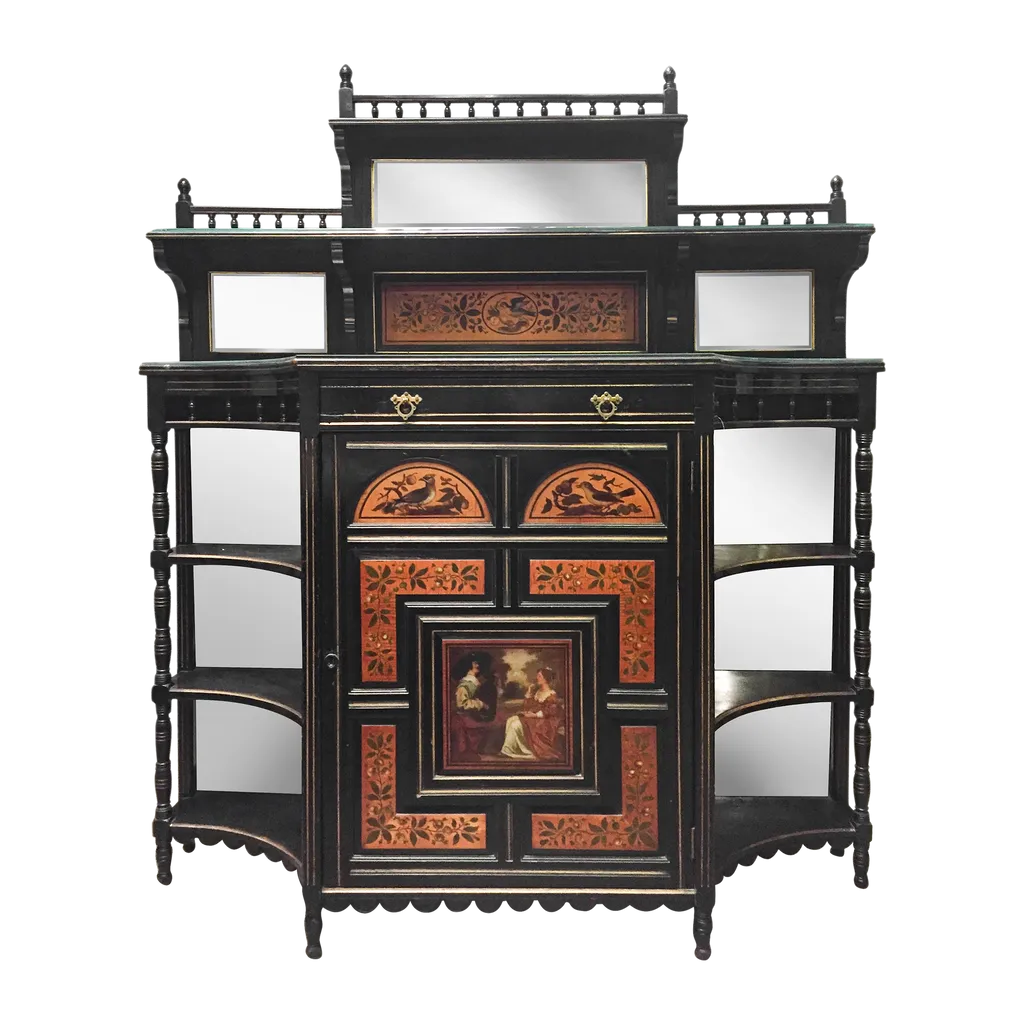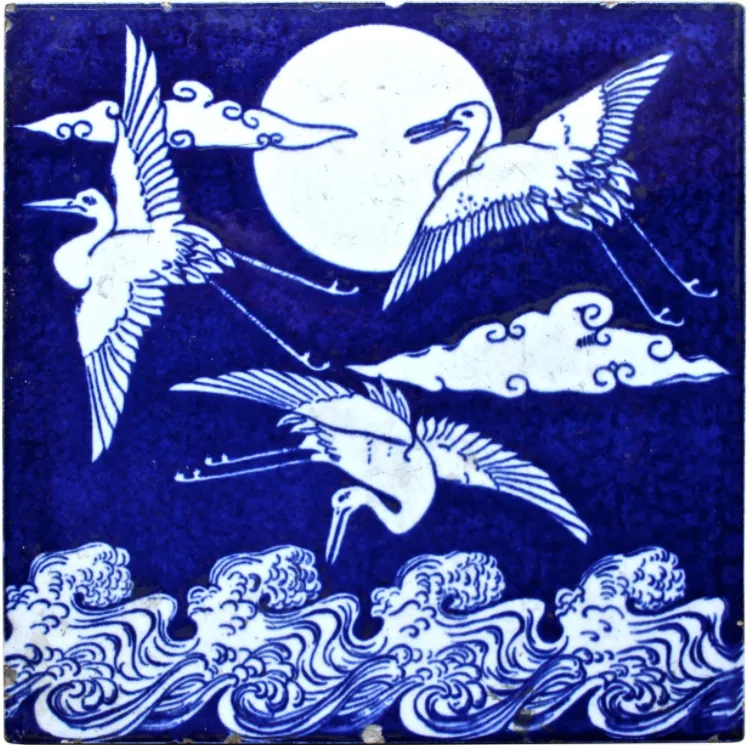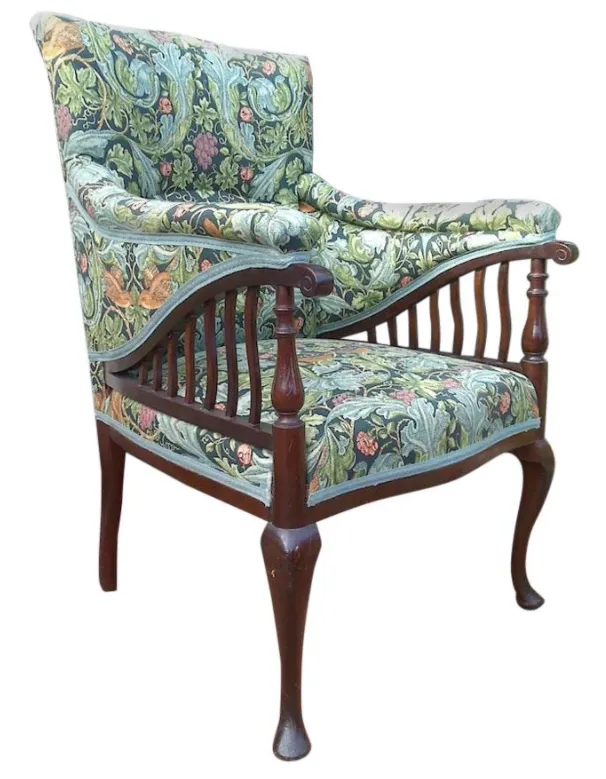What is the Aesthetic Movement?
The Aesthetic movement in music, literature and the arts occupied only a brief period of history, from 1870-1900, but had lasting influence. Aestheticism was a movement celebrating decadent beauty and ‘art for art's sake’ in the late 19th century – seen by many as a refreshing change after the materialism of the Industrial Age. Followers of the movement believed that art should move away from being utilitarian or useful, and that there was a need for more beauty in everyday life.
Who were the key designers of the Aesthetic Movement?
Those who subscribed to the idea of art for art’s sake included designers William Morris and Christopher Dresser, poet and playwright Oscar Wilde (‘Beauty reveals everything’), poet and artist Dante Gabriel Rossetti, and artist James McNeill Whistler. These bohemian characters aimed to bring decorative furnishings to a new level of artistry in terms of materials, quality and use of colour. They had eccentric lifestyles and homes, which intrigued the public, and the middle classes soon became fascinated with interior decoration and the concept of ‘The House Beautiful’, as described to them in Clarence Cook’s book of the same name from 1878, and by Wilde himself.

What does Aesthetic movement design look like?
The movement favoured strong, simple colours such as bright blues, greens, and yellows, while a common theme was the natural world – especially the use of flowers (especially sunflowers), birds, insects, foliage, butterflies and feathers. Furniture with ebonised wood is typical of the period – the wood is either painted or stained to give it a rich, ebony finish.Gilt accents were also popular, often appearing in the carvings etched into the surface of wooden furniture. Another defining feature to look out for is Asian, particularly Japanese, influences, which were brought back by the writers of the day from their travels in the Far East.

Which antique porcelain should I look out for?
Ceramics decorated with Japanese-inspired motifs were very popular during the Aesthetic movement, and allowed the movement to make its way into everyday life. Look out for Wedgewood, Spode and Minton in the Japanese style. Minton employed Japanese artists, bringing them over to England to paint decorative tiles and ceramics. Christopher Dresser also designed for Minton, creating blue-and-white Japanese-inspired scenes of cranes and herons, as well as designs with stylised flowers and borders on a bold turquoise ground with gilt accents – inspired by Oriental cloisonné ware.

Which antique furniture should I look out for?
Ebonized sideboards, tables, chests of drawers, cupboards and overmantels are typical of the movement, as they were the perfect means to display the porcelain that had become so desirable.Look out for engravings of sunflowers, butterflies and birds, and the gilt accents that were popular at the time. Designers including William Morris produced chairs and tables that they named 'Art Furniture', so this is a good term to search for. Morris & Co. antiques in the ebonized style can still be found, and keep your eye out for original Morris & Co. fabrics used for furniture upholstery.

Where to buy Aesthetic pieces
There are plenty of great places to buy Aesthetic movement furniture and homeware at a range of price points. If you’re a good bargain hunter, you might be able to pick up ceramics at antiques and vintage shops, fairs and flea markets or local car boot sales. Auctions and online antiques shops are a great place to look for furniture and ceramics, as are antiques dealers on Instagram.

